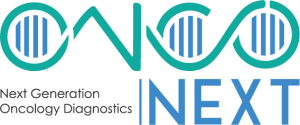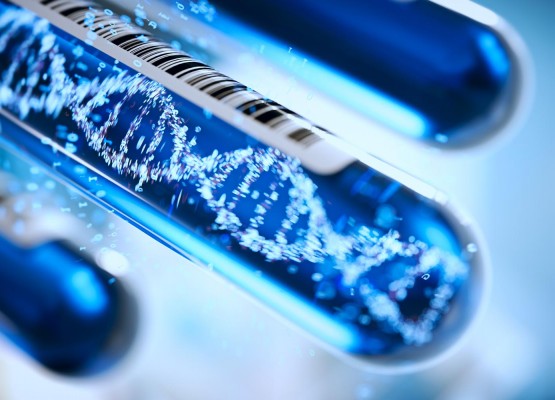
Personalised supervision

Precision therapy
Dynamic monitoring

Early diagnosis

Increased Survival
Better quality of life

Reveal of residual disease

Early detection of recovery and recurrence
Resistance monitoring

Non-invasive procedure

Executable even after tumor removal
Possible even in case of unreachable tumor







